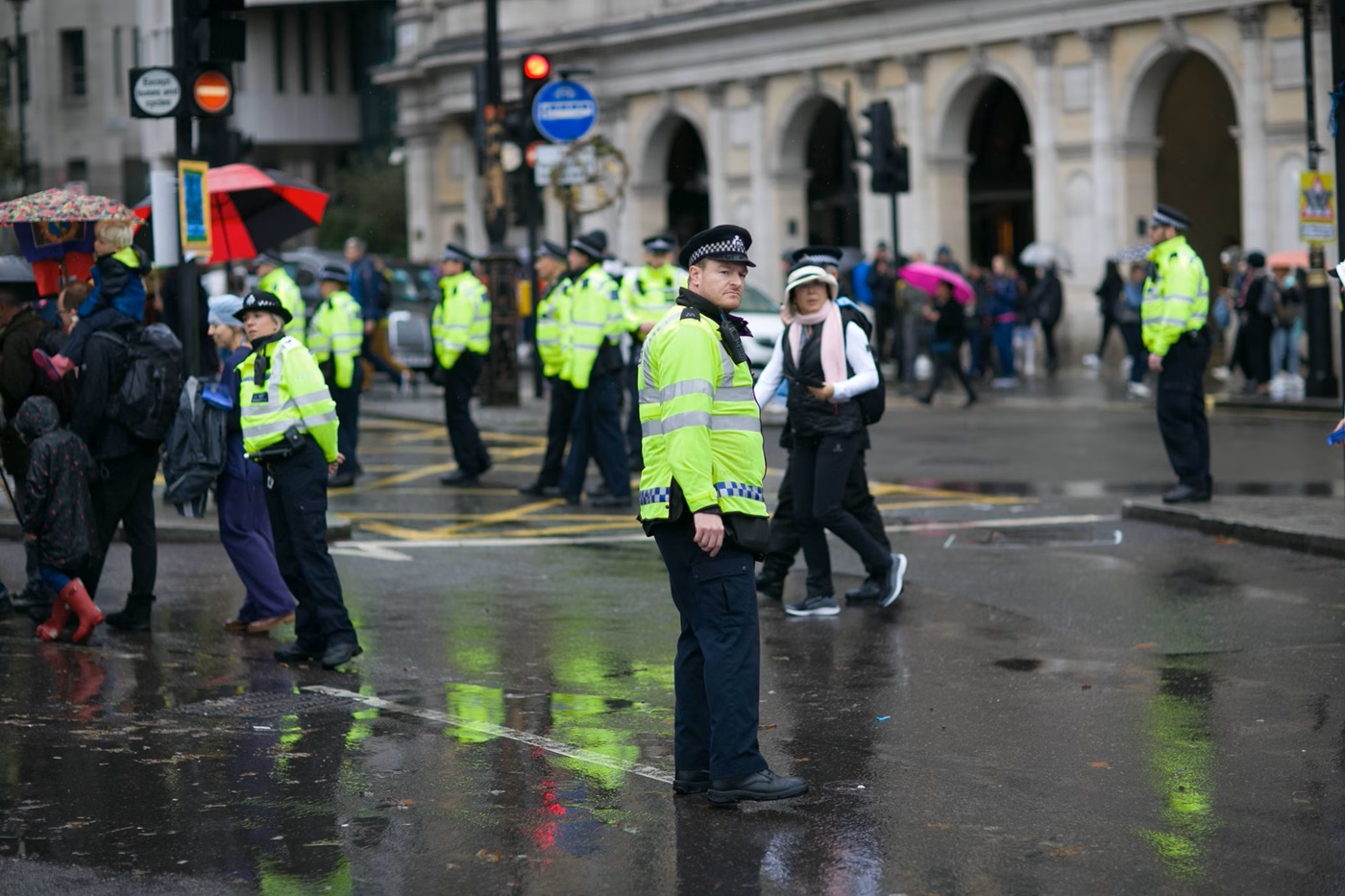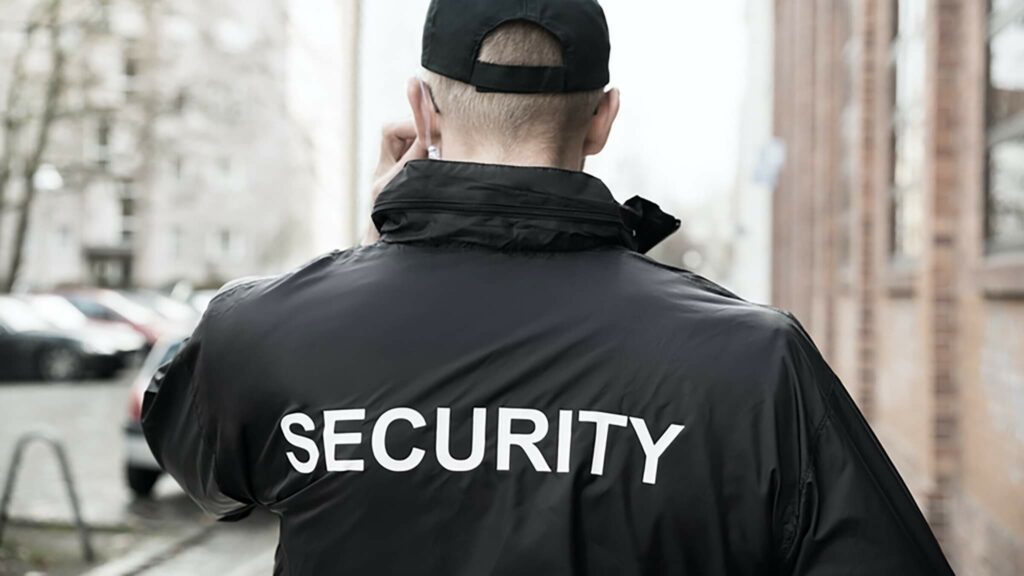Organizing an event involves meticulous preparation, from logistics to entertainment. However, one of the most crucial, yet often overlooked, aspects is emergency response planning. With the unpredictability of emergencies—whether natural disasters, medical incidents, or security threats—having a comprehensive response plan ensures safety and preparedness. This guide will walk you through the essential steps for effective emergency response planning for events in Melbourne, a city known for its vibrant and diverse event scene.
1. Assessing Potential Risks
Before creating an emergency response plan, assess the potential risks specific to your event. Consider factors such as:
- Event Size and Type: Large concerts pose different risks than intimate corporate gatherings.
- Location: Outdoor venues may be susceptible to weather disruptions, while indoor venues might face different challenges like fire hazards.
- Attendee Demographics: Events with a wide age range or vulnerable populations require tailored medical and safety considerations.
- Current Threats: Stay updated on any regional security advisories or public health guidelines that could impact your event.
By understanding these factors, you can anticipate the types of emergencies you might encounter and prepare accordingly.
2. Developing an Emergency Response Plan
A thorough emergency response plan should outline:
Evacuation Procedures
Design clear evacuation routes and designate assembly points. Ensure these routes are well marked and communicated to both staff and attendees. Plan alternative exits for people with disabilities or limited mobility.
Roles and Responsibilities
Assign specific roles to staff members, such as evacuation leaders, communication liaisons, and first aid responders. Each member should be fully trained in their responsibilities to ensure swift and organized action.
Communication Protocols
Effective communication is vital during an emergency. Use multiple channels, including public address systems, mobile notifications, and trained personnel with radios. Ensure that the messaging is clear, concise, and provides actionable information to attendees.
Emergency Services Coordination
Coordinate with local emergency services such as police, ambulance, and fire departments. Inform them about your event’s date, location, and expected turnout. Having a direct line of communication with these services allows for rapid response in case of an emergency.
3. Training and Drills
Preparedness goes beyond drafting a plan; it requires rigorous training and practice. Host regular emergency response drills for your event staff to simulate real-world scenarios. These exercises can help staff react calmly and efficiently under pressure. Additionally, conduct refresher courses on first aid and CPR, ensuring that key personnel are equipped to handle medical emergencies.
Hiring Professional Security Teams
Having professional security at your event adds a layer of safety and assurance. For events in Melbourne, Security Hire Melbourne is a reputable choice. Their trained staff can assist in managing crowd control, monitoring for potential security threats, and ensuring compliance with local regulations. With professional security on-site, you can enhance the overall safety and experience of your event, providing peace of mind for both attendees and organizers.
4. Medical Response Readiness
Medical emergencies can happen at any event, from dehydration during a summer festival to an accidental injury at a sports gathering. To ensure your event is equipped for medical situations:
- First Aid Stations: Position these stations in easily accessible areas and staff them with certified medical personnel.
- AEDs (Automated External Defibrillators): Ensure your event has AEDs available and that staff are trained to use them.
- On-Site Medical Team: For larger events, consider hiring an on-site medical team that can handle immediate care until professional help arrives.
5. Weather Preparedness
Melbourne is known for its variable weather, which can change rapidly within a day. Ensure that your emergency response plan includes contingencies for severe weather:
- Heatwaves: Provide shaded areas, water stations, and cooling zones.
- Storms and Heavy Rain: Have plans for temporary shelters or cancellation procedures.
- Wind Hazards: Secure all structures, tents, and signage to prevent accidents.
Keep an eye on weather forecasts leading up to the event and adjust plans accordingly.
6. Implementing a Real-Time Monitoring System
Technology plays an essential role in modern emergency response planning. Utilize real-time monitoring systems, such as surveillance cameras and mobile apps, to stay updated on crowd behavior and potential risks. These tools enable event organizers to detect issues early and act quickly.
7. Clear Signage and Public Awareness
Attendees need to be informed about emergency protocols. Use clear, multilingual signage to direct people to exits, first aid stations, and assembly points. Additionally, announce key safety information at the start of the event, so everyone knows what to do if an emergency arises.
8. Reviewing and Improving Your Plan
Post-event analysis is crucial for continuous improvement. Gather feedback from event staff and attendees to identify what worked well and what could be improved. Use this information to revise your emergency response plan for future events, making it more comprehensive and adaptive.
Why Hire Event Security in Melbourne from Security Hire Melbourne?
When it comes to ensuring the safety and success of your event, having professional security is indispensable. Security Hire Melbourne offers specialized services tailored to the needs of events of all sizes. Their team is trained in crowd management, emergency response, and threat detection, providing a safe environment for everyone involved. Hiring their services can help you seamlessly integrate a strong security presence into your emergency response plan, giving you peace of mind and letting you focus on other aspects of your event.
Emergency response planning might seem daunting, but with a structured approach, you can mitigate potential risks and ensure the safety of everyone at your event. With the right preparations, well-trained staff, and support from professional security services like Security Hire Melbourne, your event in Melbourne can run smoothly, even in the face of unexpected challenges.



